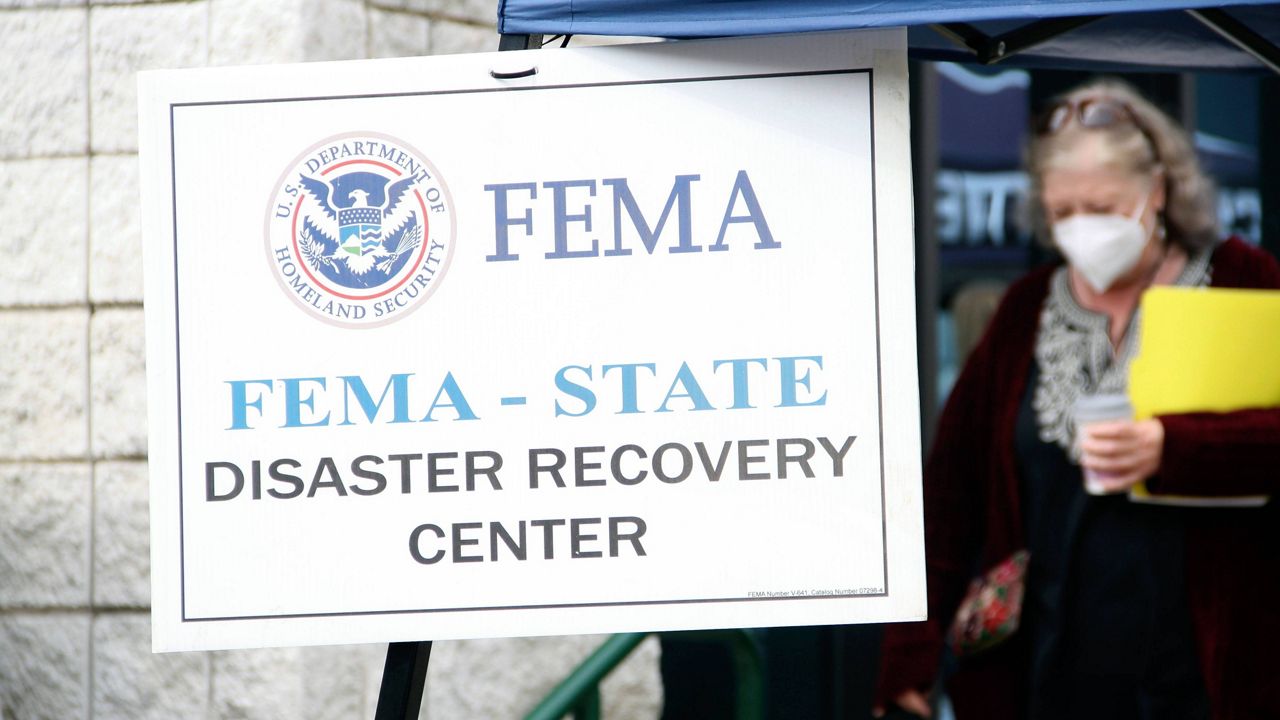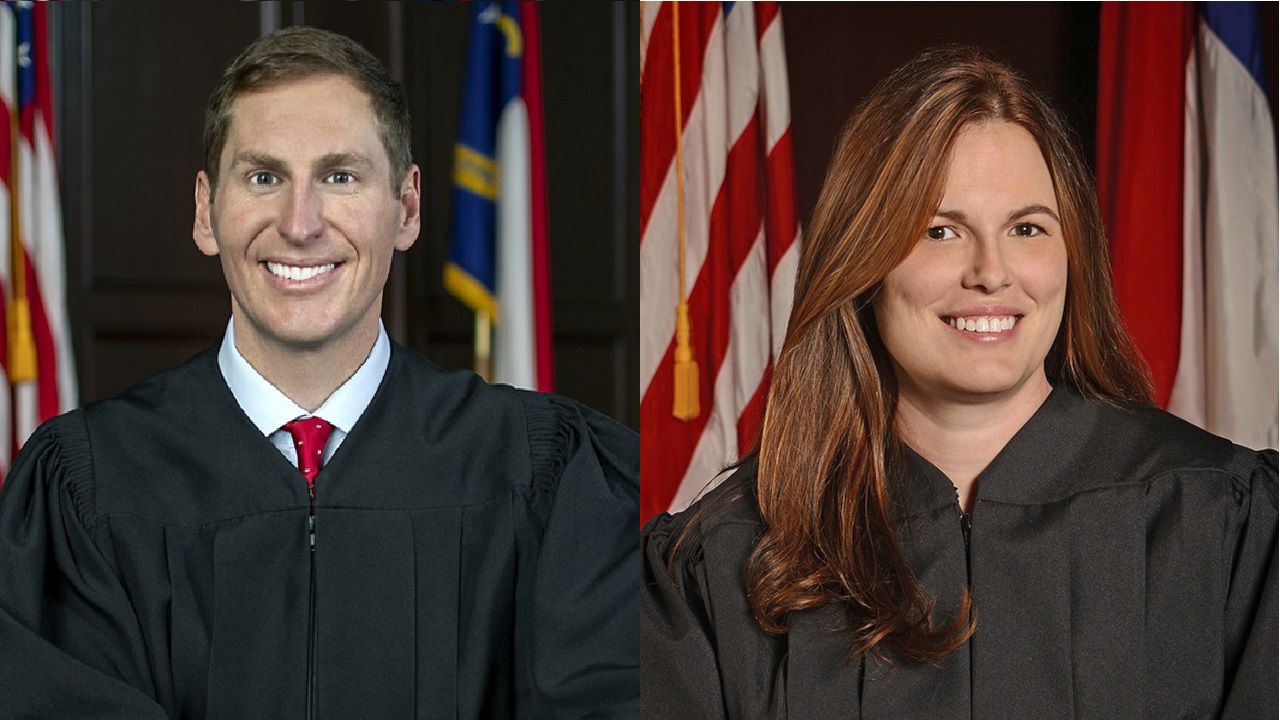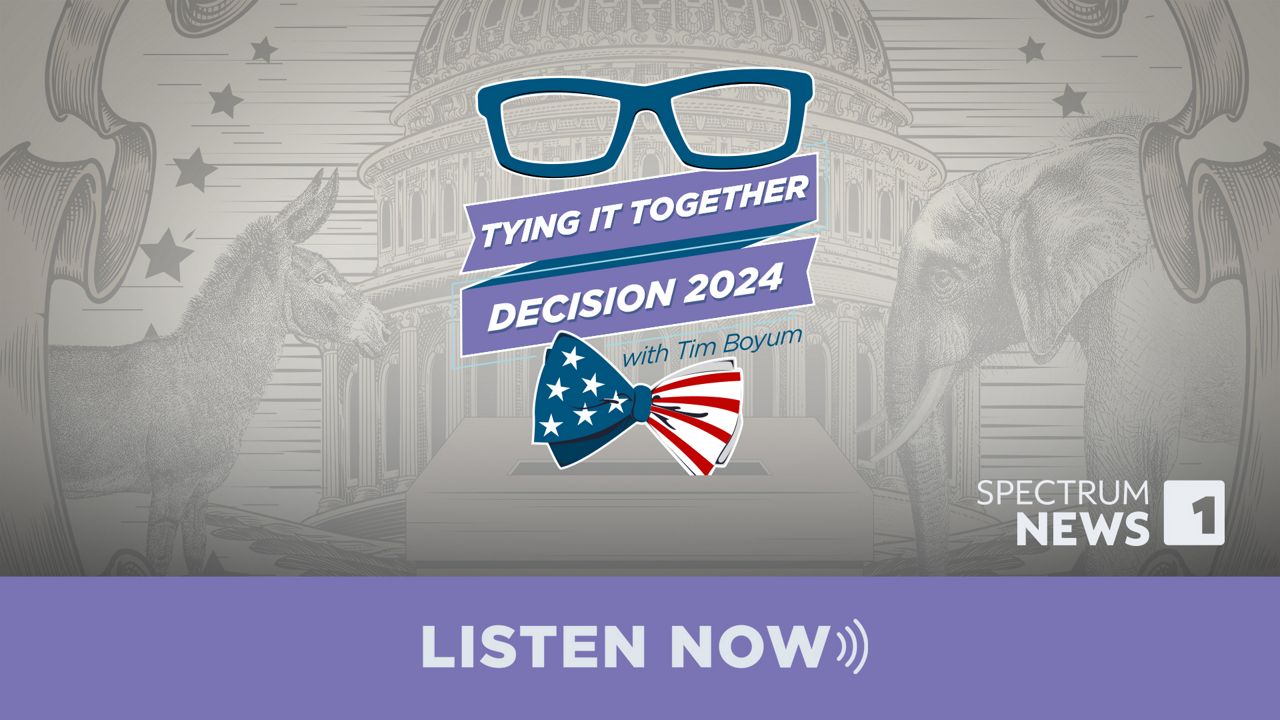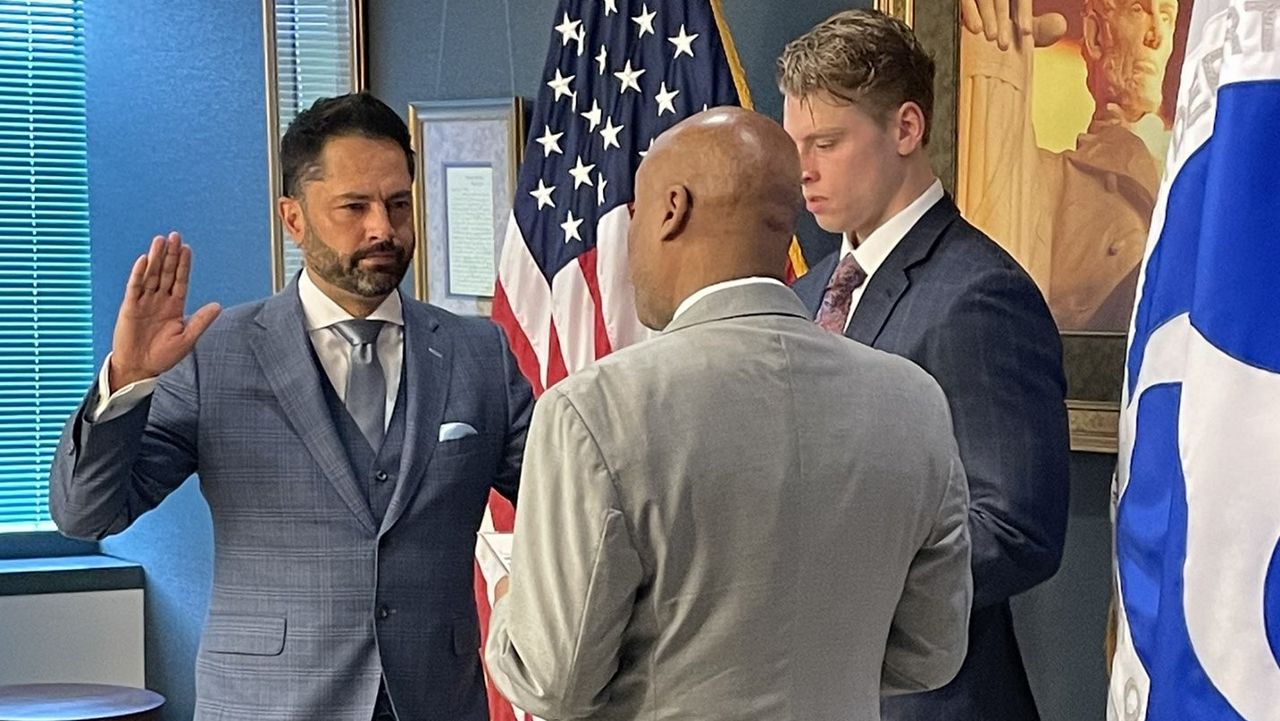RALEIGH, N.C. – The next local elections in North Carolina are quickly approaching, and while voters prepare, there are still some questions on what the final rules and regulations of the elections will be.
Earlier this legislative session, Senate Republicans introduced two bills that would rework the elections boards in the state and change some of the rules around voting.
Both have passed in the Senate but haven’t moved through the House yet.
One aspect of the legislation affects absentee voters.
Renu Shah is a North Carolina absentee voter and active in paying attention to politics.
"I am a Democrat. My husband is kind of this way or that way, he likes to listen to other people, what he says, but he believes in the democracy, and I am totally Democrat.”
She’s needed to vote by mail the last few elections because she had surgeries before.
“So, I’m getting lot of surgeries done on myself, because I’ve had a shoulder surgery done, back surgery done, my foot surgery done. This year I got my foot surgery done again, so because of all those things I cannot walk, so that’s why I want to do absentee vote,” Shah said.
Under this legislation, there would no longer be a three-day grace period for absentee ballots to make it to county boards of elections.
With the current law, they must be postmarked by Election Day and arrive within three days.
Shah is worried what could happen if her ballot gets delayed in the future.
“I am concerned about it, that if they do these things about voting, absentee vote, then my vote might not count, and I want my vote to count,” Shah said.
Sponsors of the legislation said this is a deadline that dozens of other states have and that it’s not unreasonable.
They said there is plenty of time for absentee voters to send in their ballots, and that this is part of a larger goal to instill more confidence in North Carolina elections.
DeMonte Alford disagrees with that characterization of the bill. He’s a regional managing organizer for Democracy North Carolina, a political organizing group.
He said this change would hurt voters in both parties.
“Inclement weather or disasters, these may delay the post office in getting these ballots in. So we are talking about potentially thousands of voters, through no fault of their own, through nothing that they can change on their own, whose votes will be thrown away,” Alford said.
Shah points out that the federally protected deadline for overseas military ballots is not affected by this bill, and she doesn’t understand why legislators would make this change.
“They should understand about the elderly people, that sometimes they cannot even go to the vote, to vote,” Shah said. “So they are doing it for military people, why couldn’t they do it for the elderly people who cannot go to the booth to vote?”










